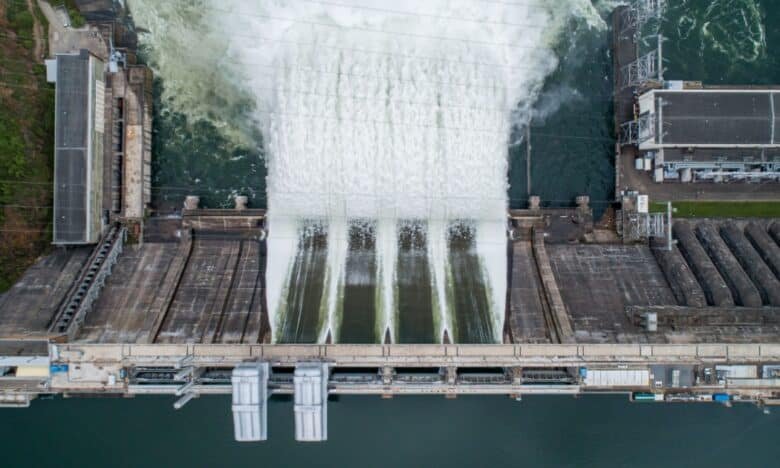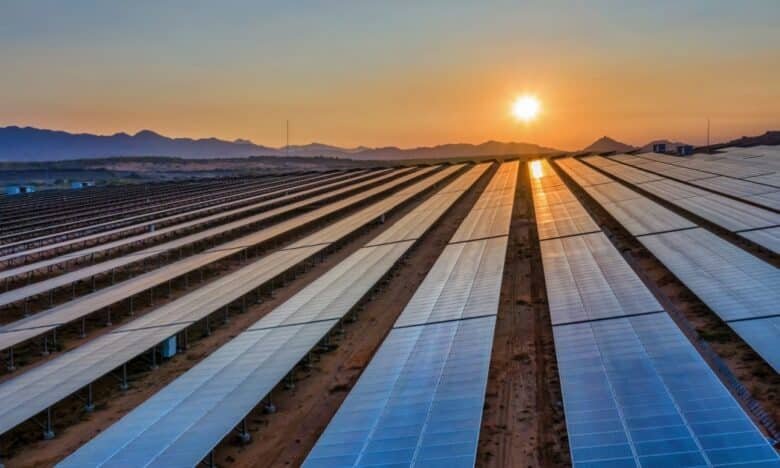
How Philippine Energy Policies Will Change the World in the Next 10 Years
- August 1, 2024
Here’s a forecast of the impact Philippine energy policies will have on the rest of the earth through the next decade.
The recent years have seen an exciting movement from the Philippines to make its dent in the global energy landscape. It is carving its own sustainable energy path, with policies set to create a ripple effect that will be felt throughout the world in the next 10 years. With an aggressive push for renewable energy, energy security, and inclusive growth, along with its promise to transition to renewable energy, we are looking at the Philippines as a potential role model for global energy trends. The following is a list of predictions for how the country can impact the rest of the world:
- Trailblazers in Adopting Renewable Energy
The Philippines is finally turning towards its abundant natural resources and aggressively prioritizing it in their investments, claiming its status as a sector leader. The Philippine government has set the ambitious goal of increasing its renewable energy mix to 35% in 2030 and 50% in 2040. Upon achieving this goal, the Philippines will gain sovereignty over its energy security and relinquish dependence on imports. It sets a blueprint that other developing nations dependent on foreign resources can follow.
- Leaders in Geothermal Energy Innovation
As one of the major providers of geothermal energy, the Philippines is in a great position to expand its business. As the country harnesses their reserves, it benefits from a reliable and consistent power source that it may be able to eventually export. The developments made in the country can help other nations with untapped geothermal potential to harness this clean source to benefit their communities and their environment, contributing to global energy diversification and stability.
- Strengthen Energy Security
Energy security is a global struggle. Through diversification of the energy mix and weaning off fossil fuels, the Philippines is growing its independence and energy resilience. The nation’s strategy involves developing local energy sources and investing in infrastructure to increase its energy stability. Other nations that follow suit may reduce their market volatility and venture in securing foreign investment for international peace and cooperation.
- Nurturing Decentralized Energy Systems
The Philippines is exploring microgrid and off-grid energy solutions, examples of decentralized energy systems. These are well-suited to archipelagic countries and remote communities. The effectiveness of the country’s energy solutions can provide models for other nations with similar geographical and infrastructural struggles. These experiments may lead to more democratic, resilient and adaptable global energy systems.
- Implementing Thorough Energy Efficiency Programs
The Philippines values energy efficiency as a cornerstone of its policies. With the factors of overpopulation and steadily increasing energy demand to contend with, the government has launched initiatives for energy-saving technologies and practices. These programs reduce energy consumption, reduce greenhouse gas emissions, and save costs for both consumers and businesses. Even first world nations have plenty to learn from the frugal nature of Filipinos and uncanny ability to still provide for all amid scarcity, values that show in the implementation of their solutions to conserve energy.
- Furthering Sustainable Transportation
Along with other efforts, the Philippines also seeks to transform its transportation sector to reduce reliance on petrol and carbon footprint. The government promotes the adoption of electric vehicles (EVs) and developing the infrastructures necessary to make them mainstream, such as EV charging stations. In turn, the Philippines can help reduce global transportation emissions, which is one of the largest sources of greenhouse gases.
- Encouraging Public-Private Partnerships
Public-private partnerships (PPPs) play a vital role in the Philippines’ energy strategy. By leveraging private sector investment and expertise, the country can accelerate its energy projects and innovations. Successful PPPs in the Philippines can serve as a template for other nations, demonstrating how collaborative efforts can overcome financial and technical barriers to achieve large-scale energy transformation.
The country’s energy strategies are significantly powered by public-private partnerships (PPPs). Securing funding and industry knowledge from the private sector significantly accelerates energy projects and innovations. The Philippines demonstrates that its bayanihan spirit of collaboration can overcome economic and technical barriers to achieve widespread energy transformation.
The Philippines is poised to make a significant impact on the global energy landscape over the next decade. Through its pioneering renewable energy initiatives, innovations in geothermal energy, and commitment to energy security and efficiency, the Philippines is setting a powerful example for the world. By promoting decentralized energy systems, sustainable transportation, and inclusive growth, the country’s energy policies can inspire other nations to follow suit. As the Philippines continues to strengthen international collaboration and public-private partnerships, its influence on global energy trends will undoubtedly grow, contributing to a more sustainable and resilient future for all.
The Philippines is an unexpected player to watch out for in terms of global energy transformation. Starting out as a major contributor of greenhouse gases and at the mercy of imported resources, the developing nation is making use of its collaborative, resourceful and frugal culture to turn things around and transform into a trailblazer of energy transition. Having the government and private sector join sides through ambitious policies and collaborations will ensure that all sides will cooperate in securing the survival of the earth in the years to come.



